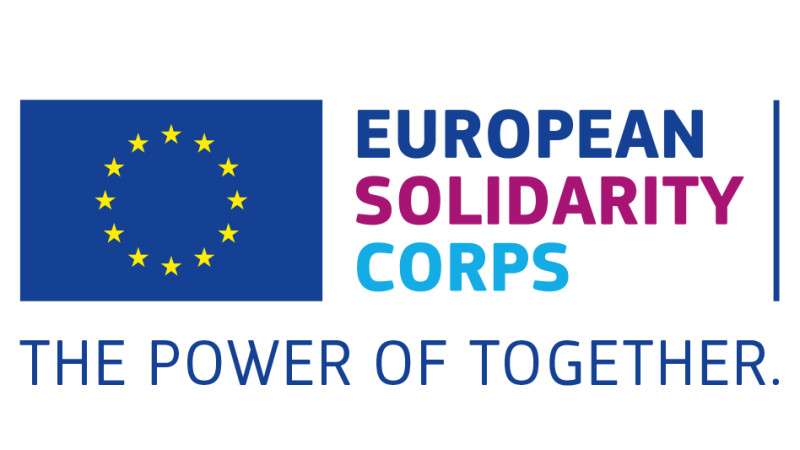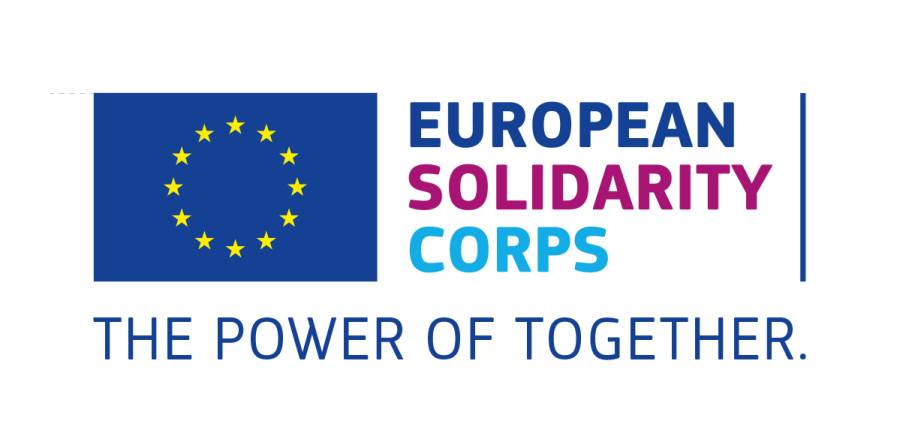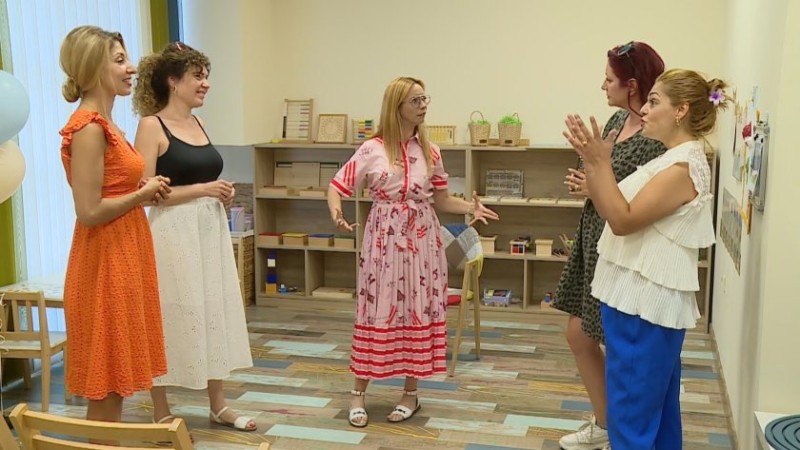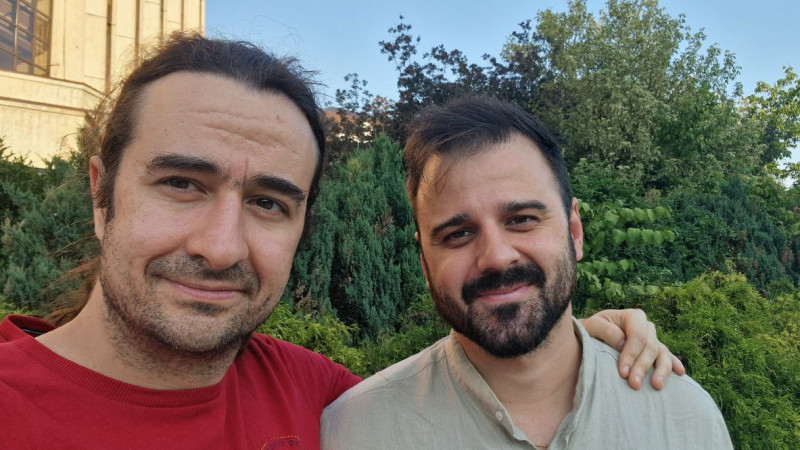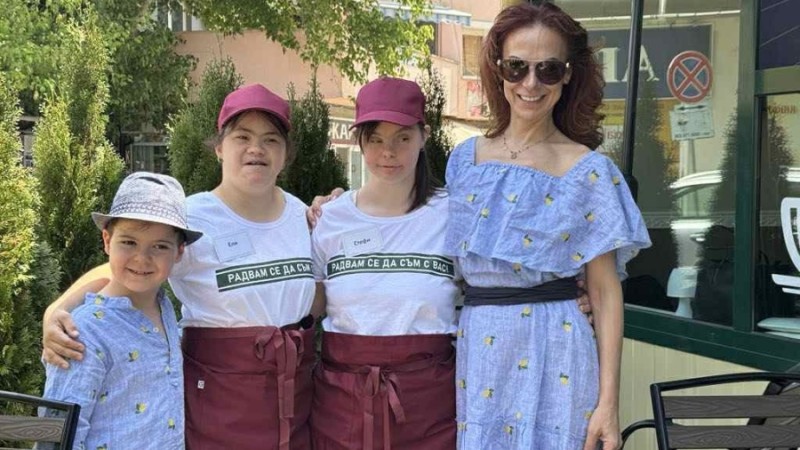В периода декември 2024 – януари 2025 Uspelite.bg проведе нова вълна от анкетиране сред украински граждани, потърсили убежище у нас. Инициативата е част от доброволческия проект по Европейския корпус за солидарност (проект № 2024-1-BG01-ESC51-VTJ-000216350), който се реализира в рамките на програмата на Европейския съюз за солидарност и включване и Uspelite.bg са партньор по него.
======= Text in English ======= Текст українською ======= Текст на русском =======
Целта е да се събере достоверна картина на живота, предизвикателствата и нуждите на украинските бежанци в България. Анкетите се попълват анонимно и на четири езика – украински, руски, български и английски, което улеснява участието и гарантира пълна конфиденциалност.
Основни наблюдения дотук за изминалите месеци декември 2024 – януари 2025:
Демографски профил
- Жени представляват по-голямата част от респондентите, което отговаря на статистиките на Европейската комисия, според които над 65% от украинските разселени лица в ЕС са жени и деца [Източник: European Commission, Migration and Home Affairs, 2023].
- Разнороден възрастов профил – от млади хора в началото на трудовия си път до пенсионна възраст.
Предизвикателства, очертани в отворените отговори:
- Жилищна нестабилност – временни квартири, често споделени с други семейства;
- Липса на структурирана информация относно достъпа до здравни, образователни и социални услуги;
- Езикова бариера, най-вече в малките населени места, където няма организирани курсове по български език;
- Трудности с признаването на професионалната квалификация, особено в сфери като здравеопазване и образование.
Тези наблюдения съответстват с анализи на EUAA (European Union Agency for Asylum), според които основни пречки за интеграция на украинските бежанци в държавите-членки са езикът и достъпът до устойчиво жилище [Източник: EUAA Annual Report, 2023].
Доброволци на терен: доверие чрез съпреживяване
Анкетите се провеждат от нашите украински доброволци, преминали през процеса на адаптация в България преди войната. Това изгражда доверие между анкетираните и анкетиращите, и допринася за по-откровени отговори – особено на въпросите, свързани с психо-емоционалното състояние и очакванията за бъдещето.
Какво следва?
Събраната информация се анализира и ще бъде обобщавана периодично, като резултатите ще бъдат споделяни публично и с компетентните институции, за да допринасят за по-адекватна и информирана интеграционна политика. Отворените отговори очертават картина на силна воля за интеграция, съчетана с конкретни нужди, които изискват по-добра координация между държавата, общините и гражданските структури.
Перші дані з опитування Uspelite.bg серед українських біженців у Болгарії
У період з грудня 2024 по січень 2025 року Uspelite.bg провело нову хвилю опитувань серед українських громадян, які знайшли притулок у Болгарії. Ініціатива є частиною волонтерського проекту за програмою Європейського корпусу солідарності (проект № 2024-1-BG01-ESC51-VTJ-000216350), який реалізується в рамках програми Європейського Союзу з солідарності та включення, і Uspelite.bg є його партнером. Метою є зібрати достовірну картину життя, викликів та потреб українських біженців у Болгарії.
Анкети заповнюються анонімно та чотирма мовами – українською, російською, болгарською та англійською, що полегшує участь і гарантує повну конфіденційність.
Основні спостереження за період грудень 2024 – січень 2025:
Демографічний профіль:
Жінки становлять більшість респондентів, що відповідає статистиці Європейської комісії, згідно з якою понад 65% українських переміщених осіб у ЄС – це жінки та діти [Джерело: European Commission, Migration and Home Affairs, 2023].
Різноманітний віковий профіль – від молодих людей на початку трудового шляху до пенсійного віку.
Виклики, визначені у відкритих відповідях:
- Нестабільність житла – тимчасові квартири, часто спільно з іншими сім’ями;
- Відсутність структурованої інформації щодо доступу до медичних, освітніх та соціальних послуг;
- Мовний бар’єр, особливо в малих населених пунктах, де немає організованих курсів болгарської мови;
- Труднощі з визнанням професійної кваліфікації, особливо в сферах охорони здоров’я та освіти.
Ці спостереження відповідають аналізам EUAA (European Union Agency for Asylum), згідно з якими основними перешкодами для інтеграції українських біженців у країнах-членах є мова та доступ до стабільного житла [Джерело: EUAA Annual Report, 2023].
Волонтери на місцях: довіра через спільний досвід
Опитування проводяться нашими українськими волонтерами, які пройшли процес адаптації в Болгарії до війни. Це створює довіру між опитуваними та опитувачами і сприяє більш відвертим відповідям – особливо на питання, пов’язані з психоемоційним станом та очікуваннями на майбутнє.
Що далі?
Зібрана інформація аналізується і буде періодично узагальнюватися, а результати будуть публічно доступні та передаватися компетентним інституціям, щоб сприяти більш адекватній та інформованій інтеграційній політиці. Відкриті відповіді окреслюють картину сильної волі до інтеграції, поєднаної з конкретними потребами, які вимагають кращої координації між державою, муніципалітетами та громадськими структурами.
First Data from Uspelite.bg’s Survey Among Ukrainian Refugees in Bulgaria
In the period December 2024 – January 2025, Uspelite.bg conducted a new wave of surveys among Ukrainian citizens who sought refuge in Bulgaria. The initiative is part of the volunteer project under the European Solidarity Corps program (project No. 2024-1-BG01-ESC51-VTJ-000216350), implemented within the European Union’s solidarity and inclusion program, with Uspelite.bg as a partner. The goal is to gather an accurate picture of the lives, challenges, and needs of Ukrainian refugees in Bulgaria.
The surveys are completed anonymously and in four languages – Ukrainian, Russian, Bulgarian, and English – facilitating participation and ensuring full confidentiality.
Key observations for the period December 2024 – January 2025:
Demographic Profile:
Women constitute the majority of respondents, aligning with European Commission statistics indicating that over 65% of Ukrainian displaced persons in the EU are women and children [Source: European Commission, Migration and Home Affairs, 2023].
Diverse age profile – ranging from young individuals at the start of their careers to those of retirement age.
Challenges highlighted in open-ended responses:
- Housing instability – temporary accommodations, often shared with other families;
- Lack of structured information regarding access to healthcare, educational, and social services;
- Language barrier, particularly in smaller settlements where organized Bulgarian language courses are unavailable;
- Difficulties in recognizing professional qualifications, especially in fields like healthcare and education.
These observations correspond with analyses from the EUAA (European Union Agency for Asylum), which identify language and access to stable housing as primary obstacles to the integration of Ukrainian refugees in member states [Source: EUAA Annual Report, 2023].
Field Volunteers: Building Trust through Shared Experience
The surveys are conducted by our Ukrainian volunteers who underwent the adaptation process in Bulgaria before the war. This fosters trust between respondents and interviewers, leading to more candid responses – especially on questions related to psycho-emotional state and future expectations.
What’s Next?
The collected information is being analyzed and will be periodically summarized, with results shared publicly and with competent institutions to contribute to a more adequate and informed integration policy. The open-ended responses depict a strong will for integration, combined with specific needs requiring better coordination between the state, municipalities, and civil structures.
Первые данные опроса Uspelite.bg среди украинских беженцев в Болгарии
В период с декабря 2024 года по январь 2025 года Uspelite.bg провело новую волну анкетирования среди украинских граждан, нашедших убежище в Болгарии. Инициатива является частью волонтерского проекта по программе Европейского корпуса солидарности (проект № 2024-1-BG01-ESC51-VTJ-000216350), реализуемого в рамках программы Европейского союза по солидарности и включению. Uspelite.bg выступает партнёром проекта. Цель — собрать достоверную информацию о жизни, проблемах и потребностях украинских беженцев в Болгарии.
Анкеты заполняются анонимно и доступны на четырёх языках — украинском, русском, болгарском и английском, что упрощает участие и гарантирует полную конфиденциальность.
Основные наблюдения за период декабрь 2024 – январь 2025:
Демографический профиль:
Женщины составляют большинство участников опроса, что соответствует статистике Европейской комиссии, согласно которой более 65% украинских переселенцев в ЕС — это женщины и дети.
[Источник: European Commission, Migration and Home Affairs, 2023].
Разнообразный возрастной состав — от молодых людей до пенсионеров.
Проблемы, выявленные в открытых ответах:
- Нестабильность жилья — временные квартиры, часто на нескольких человек или семей;
- Отсутствие чёткой информации о доступе к медицинским, образовательным и социальным услугам;
- Языковой барьер, особенно в небольших населённых пунктах, где отсутствуют курсы болгарского языка;
- Сложности с признанием профессиональной квалификации, особенно в таких сферах, как здравоохранение и образование.
Эти наблюдения совпадают с анализами EUAA (Агентство Европейского союза по вопросам убежища), которые выделяют язык и жильё как основные барьеры на пути интеграции украинских беженцев в странах-членах ЕС. [Источник: EUAA Annual Report, 2023].
Волонтёры на местах: доверие через личный опыт
Анкетирование проводят украинские волонтёры, которые прошли путь адаптации в Болгарии до начала войны. Это позволяет наладить доверие между анкетируемыми и анкетирующими и получить более откровенные ответы — особенно на темы, касающиеся эмоционального состояния и планов на будущее.
Что дальше?
Собранная информация анализируется и будет регулярно обобщаться. Результаты будут публиковаться и направляться в компетентные государственные органы, чтобы способствовать выработке более эффективной и основанной на фактах интеграционной политики. Открытые ответы дают представление о сильном стремлении к интеграции и подчёркивают необходимость лучшей координации между государственными структурами, муниципалитетами и гражданским обществом.

